

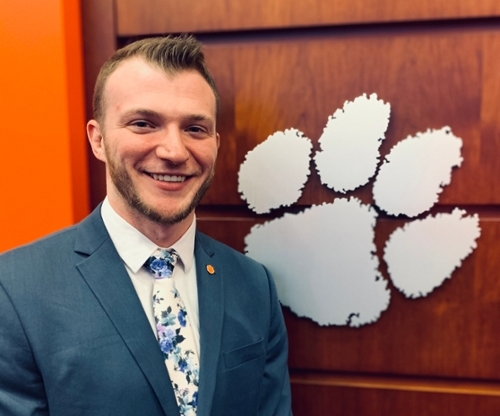 The Hollings Cancer Center awards go to those with the greatest potential to become independent cancer researchers and compete for extramural grants.
The Hollings Cancer Center awards go to those with the greatest potential to become independent cancer researchers and compete for extramural grants.
Read more
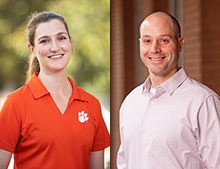 BIOEs Honored: 2 of 4 Professorships for Research and Education into Advanced Manufacturing and Biotechnology Innovation Delphine Dean is the Ron and Jane Lindsay Family Innovation Professor; Jeremy Mercuri is the John Witherspoon Gilpin, M.D. Associate Professor.
BIOEs Honored: 2 of 4 Professorships for Research and Education into Advanced Manufacturing and Biotechnology Innovation Delphine Dean is the Ron and Jane Lindsay Family Innovation Professor; Jeremy Mercuri is the John Witherspoon Gilpin, M.D. Associate Professor.
Read more
 Anna Craft, a recent graduate of Anderson University, has been hired to fill the position of Communication Outreach Director. With a major in Digital Media Communications and a minor in Applied Computing for Business, Anna will be the departmental webmaster. Additionally, she will develop and specify promotional material tailored to various audiences including those at national conferences. Traveling to events, she will work with faculty and staff to deliver and evaluate the department’s approach. Anna will assist faculty with travel arrangements and with subsequent reimbursement and will manage all aspects of planning for on-campus events.
Anna Craft, a recent graduate of Anderson University, has been hired to fill the position of Communication Outreach Director. With a major in Digital Media Communications and a minor in Applied Computing for Business, Anna will be the departmental webmaster. Additionally, she will develop and specify promotional material tailored to various audiences including those at national conferences. Traveling to events, she will work with faculty and staff to deliver and evaluate the department’s approach. Anna will assist faculty with travel arrangements and with subsequent reimbursement and will manage all aspects of planning for on-campus events.
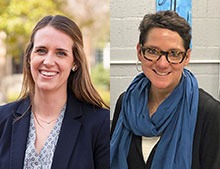 Two new faculty members have joined the department. Heather Dunn, a lecturer in the Department of Animal and Veterinary Sciences, is now a BIOE Research Assistant Professor. Heather’s research interests include mammary gland development, cancer biology and epithelial mesenchymal transition. Jessica Larsen is now an Assistant Professor of Chemical and Biomolecular Engineering and Bioengineering. Her research interests include drug delivery, biomaterials and nanotechnology.
Two new faculty members have joined the department. Heather Dunn, a lecturer in the Department of Animal and Veterinary Sciences, is now a BIOE Research Assistant Professor. Heather’s research interests include mammary gland development, cancer biology and epithelial mesenchymal transition. Jessica Larsen is now an Assistant Professor of Chemical and Biomolecular Engineering and Bioengineering. Her research interests include drug delivery, biomaterials and nanotechnology.
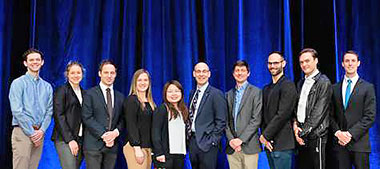 Daniel Bonthius, an MD/Ph.D. student in Hai Yao’s lab, noted, “We are working on a new type of implant to treat children with very bad spinal deformity.” His presentation was for Rib-hook Construct For Pediatric Hyperkyphosis And Kyphoscoliosis.
Daniel Bonthius, an MD/Ph.D. student in Hai Yao’s lab, noted, “We are working on a new type of implant to treat children with very bad spinal deformity.” His presentation was for Rib-hook Construct For Pediatric Hyperkyphosis And Kyphoscoliosis.
Read more
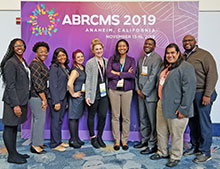 Annual Biomedical Research Conference for Minority Scientists (ABRCMS), one of the largest conferences for underrepresented minorities in STEM, was held in Anaheim, CA, on November 13-16. Clemson’s undergraduates, graduates, postdoctoral fellows, faculty and students joined over 4,650 attendees representing more than 350 colleges and universities. For the third year in a row, BIOE participants served as research presenters, recruiters, session chairs, and poster judges.
Annual Biomedical Research Conference for Minority Scientists (ABRCMS), one of the largest conferences for underrepresented minorities in STEM, was held in Anaheim, CA, on November 13-16. Clemson’s undergraduates, graduates, postdoctoral fellows, faculty and students joined over 4,650 attendees representing more than 350 colleges and universities. For the third year in a row, BIOE participants served as research presenters, recruiters, session chairs, and poster judges.
Read more
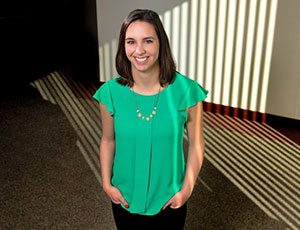 Kate Byrd, Clemson BIOE alumna and an associate staff member in MIT Lincoln Laboratory's Advanced Sensors and Techniques Group was recently named one of Aviation Week Network's 20 Twenties for 2020. Byrd was nominated for the award by Harvard University, where she studied electrical engineering from 2018 to 2019.
Kate Byrd, Clemson BIOE alumna and an associate staff member in MIT Lincoln Laboratory's Advanced Sensors and Techniques Group was recently named one of Aviation Week Network's 20 Twenties for 2020. Byrd was nominated for the award by Harvard University, where she studied electrical engineering from 2018 to 2019.
Read more
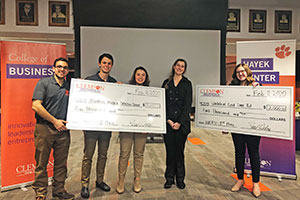 Clemson’s Hayek Center for the Business of Prosperity held a 3-day event to help Clemson students incorporate business principles into their community outreach and international aid projects. The program included lectures by renowned philanthropists, business leaders and scholars and small-group mentoring by graduate students. Student organizations that best incorporated business principles into their charitable projects were eligible for HERO Prizes ranging from $2,000 - $5,000.
Clemson’s Hayek Center for the Business of Prosperity held a 3-day event to help Clemson students incorporate business principles into their community outreach and international aid projects. The program included lectures by renowned philanthropists, business leaders and scholars and small-group mentoring by graduate students. Student organizations that best incorporated business principles into their charitable projects were eligible for HERO Prizes ranging from $2,000 - $5,000.
Read more
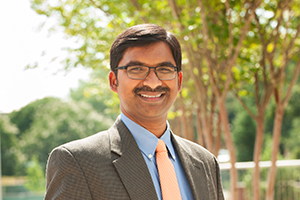 Dr. Joseph Singapogu receives NIH R01 for evaluating and training surgeons in suturing skills using objective metrics. SutureCoach: Examining Vascular Suturing Skills Assessment, Training, and Transfer of Training via Objective Metrics.
Dr. Joseph Singapogu receives NIH R01 for evaluating and training surgeons in suturing skills using objective metrics. SutureCoach: Examining Vascular Suturing Skills Assessment, Training, and Transfer of Training via Objective Metrics.
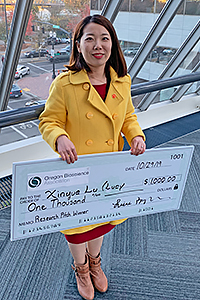 Lu is developing a novel bio-adhesive mesh system for hernias. She proposes this new point-of-care technology to combine hydrogel adhesive and polymer surface modification, which will be part of a $3 billion industry.
Lu is developing a novel bio-adhesive mesh system for hernias. She proposes this new point-of-care technology to combine hydrogel adhesive and polymer surface modification, which will be part of a $3 billion industry.
Read more
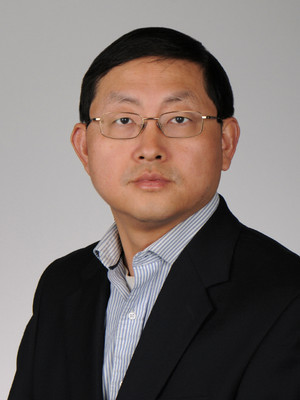 PI Ying Mei and Co-PI Michael Yost (MUSC) were awarded an EPSCoR Grant for Exploratory Academic Research for their proposal, Computational modeling guided biomaterials development for therapeutic vascularization.
PI Ying Mei and Co-PI Michael Yost (MUSC) were awarded an EPSCoR Grant for Exploratory Academic Research for their proposal, Computational modeling guided biomaterials development for therapeutic vascularization.
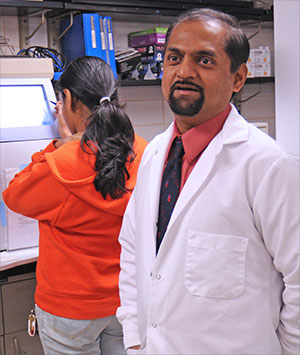 Dr. Naren Vyavahare is the PI of this dynamic five-year award. Phase III objectives are to facilitate the transition of research core resources developed during initial phases into state-of-the-art core facilities capable of supporting the conduct of high-caliber biomedical research.
Dr. Naren Vyavahare is the PI of this dynamic five-year award. Phase III objectives are to facilitate the transition of research core resources developed during initial phases into state-of-the-art core facilities capable of supporting the conduct of high-caliber biomedical research.
Read More
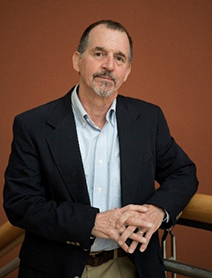 Dr. Bob Latour’s research on breath-test sensors to measure the ammonia concentration in kidney patients’ breath was chosen for funding by the Innovation Maturation Fund, a joint effort by Prisma Health and Clemson University.
Dr. Bob Latour’s research on breath-test sensors to measure the ammonia concentration in kidney patients’ breath was chosen for funding by the Innovation Maturation Fund, a joint effort by Prisma Health and Clemson University.
Read more
 Dr. Brian Booth’s research on an implant for use after lumpectomy to aid breast regeneration and prevent tumor recurrence was chosen for funding by the Innovation Maturation Fund, a joint effort by Prisma Health and Clemson University.
Dr. Brian Booth’s research on an implant for use after lumpectomy to aid breast regeneration and prevent tumor recurrence was chosen for funding by the Innovation Maturation Fund, a joint effort by Prisma Health and Clemson University.
Read More
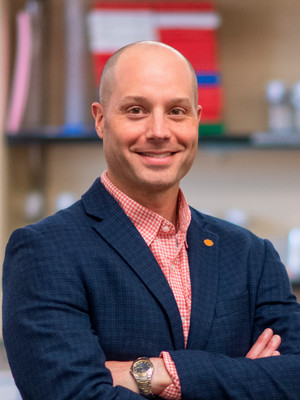 Dr. John Witherspoon Gilpin ’82, a philanthropist and leader in providing for students and institutions in medicine and higher education, recently established an endowed associate professorship in bioengineering. Dr. Jeremy Mercuri is the inaugural holder of the professorship.
Dr. John Witherspoon Gilpin ’82, a philanthropist and leader in providing for students and institutions in medicine and higher education, recently established an endowed associate professorship in bioengineering. Dr. Jeremy Mercuri is the inaugural holder of the professorship.
Read More
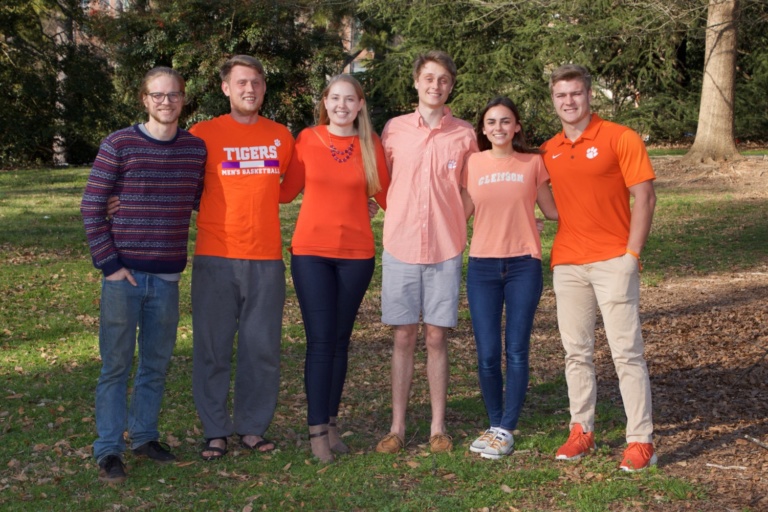 A select group of Clemson University undergraduates has just returned from Louisville, Kentucky, where they participated in a Meeting of the Minds with other Atlantic Coast Conference students.
A select group of Clemson University undergraduates has just returned from Louisville, Kentucky, where they participated in a Meeting of the Minds with other Atlantic Coast Conference students.
The conference is held each spring to celebrate undergraduate research and creativity and to provide an opportunity for sharing ideas and collaboration.
Read more
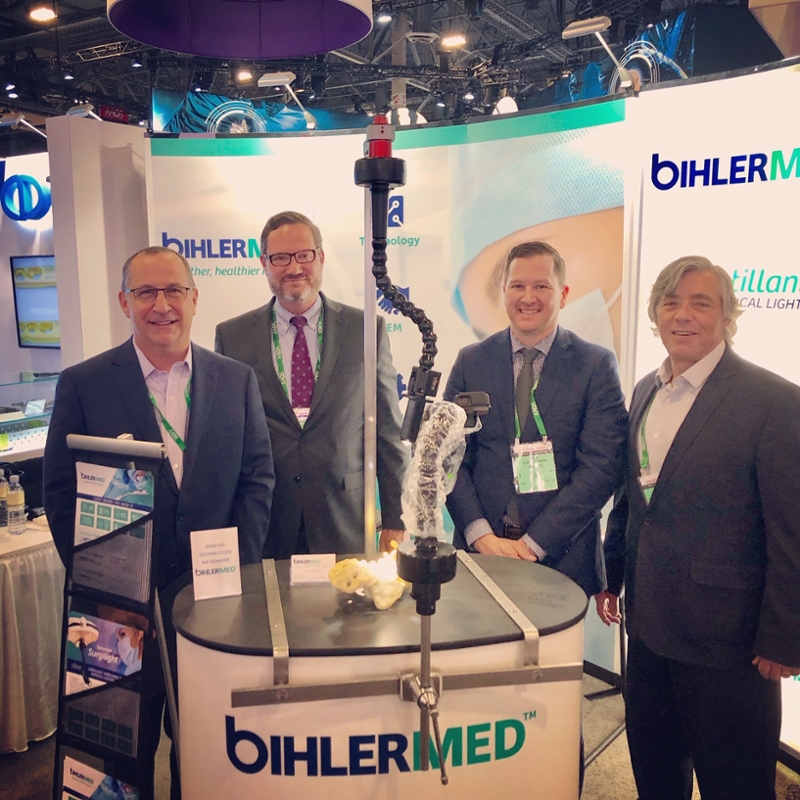
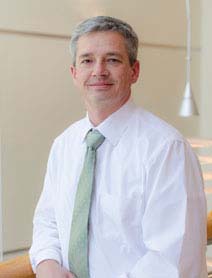 As CEO of Circa Bioscience, Dr. Kevin Champaigne was awarded an SC EPSCoR Phase-0seed grant to develop a novel bioadhesive mesh system for abdominal hernia repair. As part of this project, Circa Bioscience will collaborate with Clemson University researchers to obtain preliminary data on the performance of an innovative implantable mesh/bioadhesive system for improved fixation for hernia repair surgery. Dr. Champaigne’s collaborators are Dr. Melinda Harman and Dr. Jiro Nagatomi and two investigators from the Department of Materials Science and Engineering, Dr. Igor Luzinov and Dr. Thompson Mefford. South Carolina Research Authority awarded Dr. Champaigne a matching grant to support an ongoing Phase 1 STTR from the National Institute of Mental Health. In this research, Greenwood Genetic Center and Circa Bioscience are partnering to develop a screening test for autism spectrum disorder.
As CEO of Circa Bioscience, Dr. Kevin Champaigne was awarded an SC EPSCoR Phase-0seed grant to develop a novel bioadhesive mesh system for abdominal hernia repair. As part of this project, Circa Bioscience will collaborate with Clemson University researchers to obtain preliminary data on the performance of an innovative implantable mesh/bioadhesive system for improved fixation for hernia repair surgery. Dr. Champaigne’s collaborators are Dr. Melinda Harman and Dr. Jiro Nagatomi and two investigators from the Department of Materials Science and Engineering, Dr. Igor Luzinov and Dr. Thompson Mefford. South Carolina Research Authority awarded Dr. Champaigne a matching grant to support an ongoing Phase 1 STTR from the National Institute of Mental Health. In this research, Greenwood Genetic Center and Circa Bioscience are partnering to develop a screening test for autism spectrum disorder.
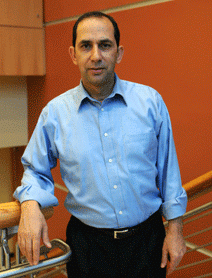 Dr. Dan Simionescu was awarded a Technology Maturation Fund grant to continue the development of vascular grafts that are resistant to diabetes. Numerous surgeons use small-diameter synthetic grafts during bypass surgery to salvage failing limbs or hearts in diabetic patients; however, many of these grafts fail dramatically in these patients. This targeted approach solves the unmet need for off-the-shelf graft solutions that are resistant to complications associated with diabetes.
Dr. Dan Simionescu was awarded a Technology Maturation Fund grant to continue the development of vascular grafts that are resistant to diabetes. Numerous surgeons use small-diameter synthetic grafts during bypass surgery to salvage failing limbs or hearts in diabetic patients; however, many of these grafts fail dramatically in these patients. This targeted approach solves the unmet need for off-the-shelf graft solutions that are resistant to complications associated with diabetes.
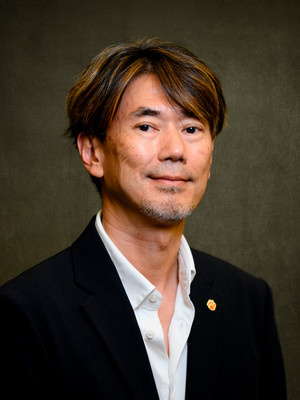 Dr. Jiro Nagatomi was awarded a Technology Maturation Fund grant to develop a novel mesh-adhesive system for abdominal hernia repair by combining a bifunctional polyamine hydrogel adhesive with a surface modification technology.
Dr. Jiro Nagatomi was awarded a Technology Maturation Fund grant to develop a novel mesh-adhesive system for abdominal hernia repair by combining a bifunctional polyamine hydrogel adhesive with a surface modification technology.
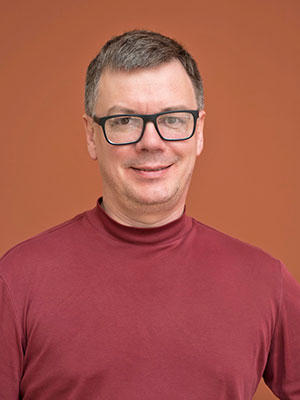 Dr. Alexey Vertegel was awarded a Technology Maturation Fund grant to further develop a polymeric coating that can cling to metal implants. The technology can significantly reduce the burden of orthopedic implant pin site infections through the utilization of highly adhesive anti-microbial drug-eluting polymeric coatings.
Dr. Alexey Vertegel was awarded a Technology Maturation Fund grant to further develop a polymeric coating that can cling to metal implants. The technology can significantly reduce the burden of orthopedic implant pin site infections through the utilization of highly adhesive anti-microbial drug-eluting polymeric coatings.
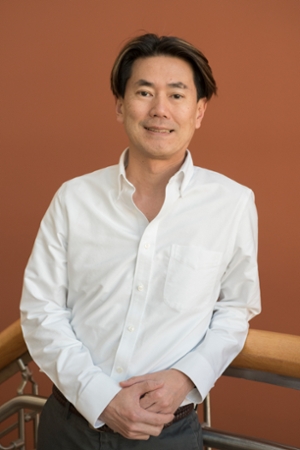 Drs. Jiro Nagatomi and Eno Ebong of Northeastern University co-edited the second edition of the Mechanobiology Handbook, which Dr. Nagatomi originally edited in 2010.
Drs. Jiro Nagatomi and Eno Ebong of Northeastern University co-edited the second edition of the Mechanobiology Handbook, which Dr. Nagatomi originally edited in 2010.
Read more
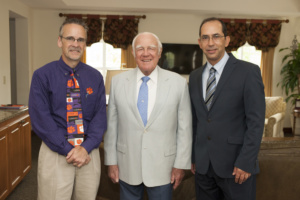 Dr. Dan Simionescu is an organizer of the third annual Harriet and Jerry Dempsey Research Conference along with Dr. Kevin Taaffe and Mr. Jerry Dempsey.
Dr. Dan Simionescu is an organizer of the third annual Harriet and Jerry Dempsey Research Conference along with Dr. Kevin Taaffe and Mr. Jerry Dempsey.
Read more
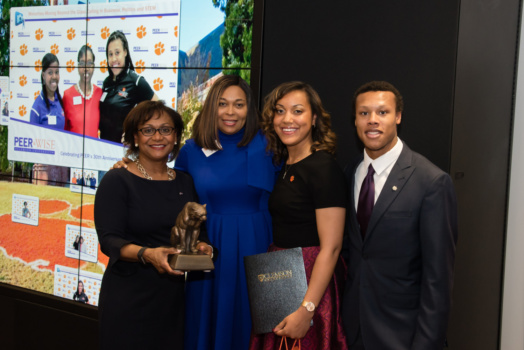 Vanessa Wyche, a bioengineering graduate, is the first African American to serve as deputy director of NASA’s Johnson Space Center.
Vanessa Wyche, a bioengineering graduate, is the first African American to serve as deputy director of NASA’s Johnson Space Center.
Read more
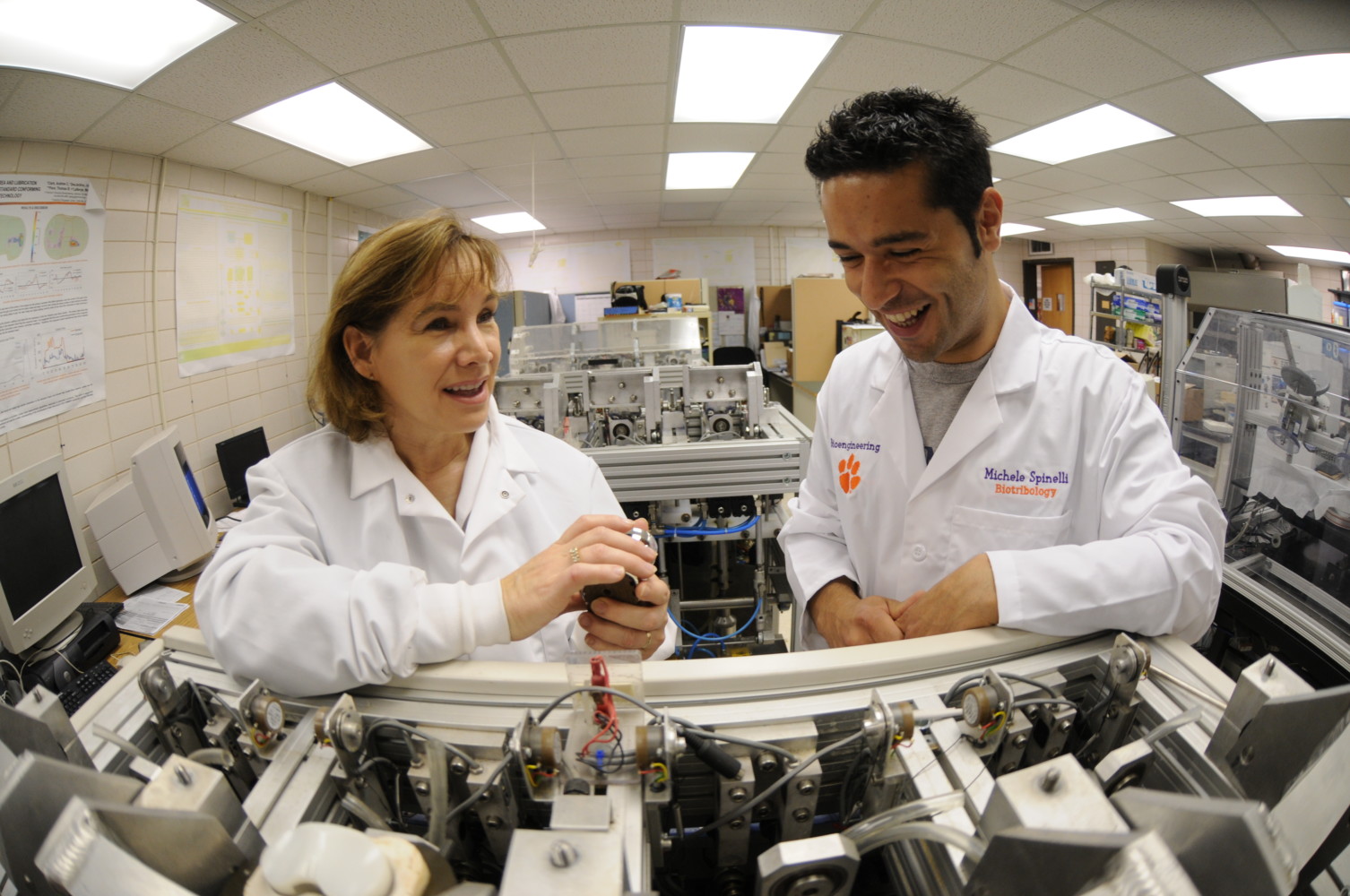 Dr. Martine LaBerge, Chair of the Department of Bioengineering, was presented the Southeastern Medical Device Association’s Spotlight Award for her contributions to the development of the Southeastern Medical Device community.
Dr. Martine LaBerge, Chair of the Department of Bioengineering, was presented the Southeastern Medical Device Association’s Spotlight Award for her contributions to the development of the Southeastern Medical Device community.
Read more
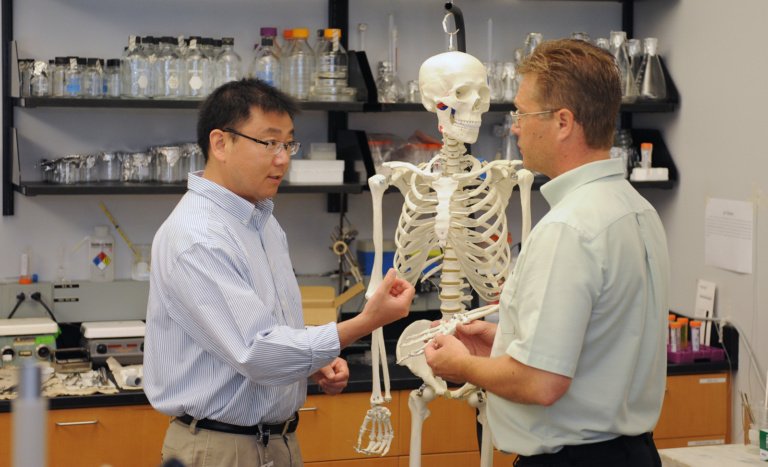 With an $11 million grant from the National Institutes of Health Center for Biomedical Research Excellence, Clemson University has launched the South Carolina Center for Translational Research Improving Musculoskeletal Health.
With an $11 million grant from the National Institutes of Health Center for Biomedical Research Excellence, Clemson University has launched the South Carolina Center for Translational Research Improving Musculoskeletal Health.
Read more
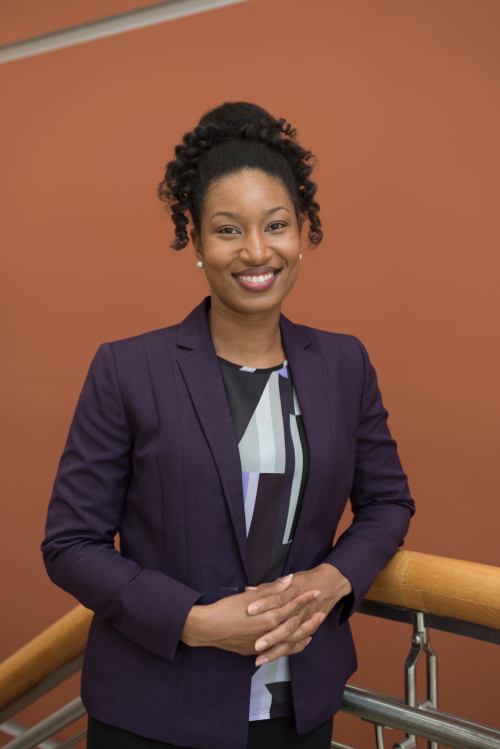 Dr. Angela Alexander-Bryant was awarded a grant by the Scientific Advocate Network Program of the SC EPSCoR/IDeA Program. With this funding, Dr. Alexander-Bryant will implement management plans to meet the goals she proposed in two categories: Engaging Underrepresented Students in MADE in SC Research and Recruiting a Diverse Group of Graduate Students.
Dr. Angela Alexander-Bryant was awarded a grant by the Scientific Advocate Network Program of the SC EPSCoR/IDeA Program. With this funding, Dr. Alexander-Bryant will implement management plans to meet the goals she proposed in two categories: Engaging Underrepresented Students in MADE in SC Research and Recruiting a Diverse Group of Graduate Students.
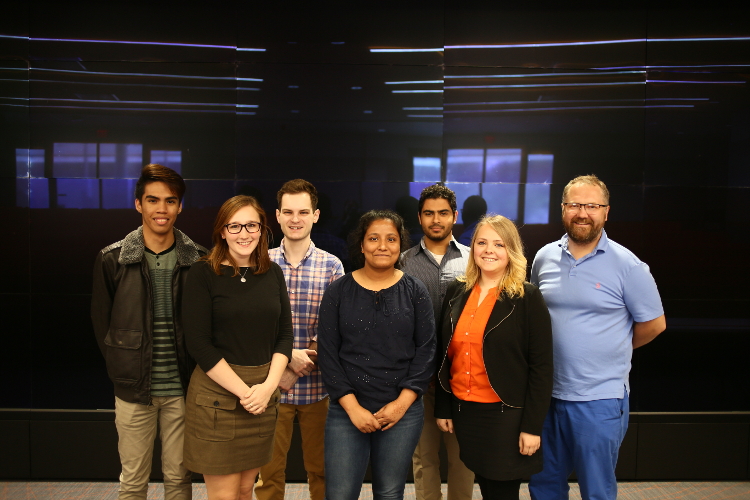
The authors are Anastasia Frank-Kamenetskii, Aleena Thomson, Bradley Scammon, Kacie O’Neill, Lanz Pasig, Melanie Hedge, Rashes Abdel-Tawab and Will Ashley.
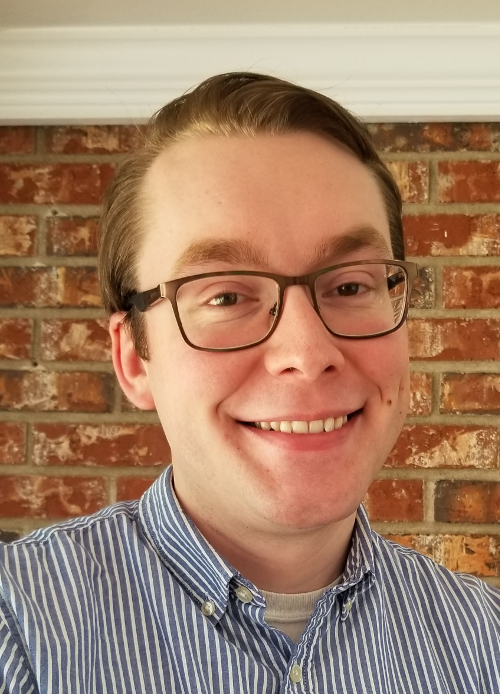 Josh Walters, a student of Dr. Jeremy Mercuri, has been selected for a Graduate Assistantship by the South Carolina Space Grant Consortium. The Graduate Research Assistantship (GRA) is designed to help meet the continuing needs of the aeronautics and space effort by increasing the number of highly trained scientists and engineers in aerospace, space science, space applications and space technology. The GRA Program awards assistantships for graduate study leading to research-based master's or doctoral degrees in the fields of science, mathematics, and engineering. Josh will be investigating the effects of prolonged spaceflight on intervertebral disc health using an explant culture model.
Josh Walters, a student of Dr. Jeremy Mercuri, has been selected for a Graduate Assistantship by the South Carolina Space Grant Consortium. The Graduate Research Assistantship (GRA) is designed to help meet the continuing needs of the aeronautics and space effort by increasing the number of highly trained scientists and engineers in aerospace, space science, space applications and space technology. The GRA Program awards assistantships for graduate study leading to research-based master's or doctoral degrees in the fields of science, mathematics, and engineering. Josh will be investigating the effects of prolonged spaceflight on intervertebral disc health using an explant culture model.
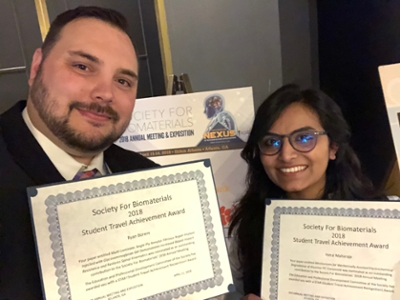 The Society For Biomaterials recognizes research excellence and develops future leaders within the SFB through the Student Travel Achievement Recognitions (STARs). STAR recipients are selected according to these procedures: SFB Special Interest Group officers will review a list of the SIG Student Recognition applicants who applied for the STAR Awards when submitting their meeting abstracts, along with their abstract titles and scores. Each SIG will then nominate several students to the Society's Education and Professional Development Committee for consideration. The Educational and Professional Development Committee will review the nominations and select the STAR recipients. Those abstracts recommended by the SIGs but not selected by the Educational and Professional Development Committee will receive honorable mentions. The awardees will receive a certificate and a monetary award of $250; the Honorable Mentions will receive a certificate.
The Society For Biomaterials recognizes research excellence and develops future leaders within the SFB through the Student Travel Achievement Recognitions (STARs). STAR recipients are selected according to these procedures: SFB Special Interest Group officers will review a list of the SIG Student Recognition applicants who applied for the STAR Awards when submitting their meeting abstracts, along with their abstract titles and scores. Each SIG will then nominate several students to the Society's Education and Professional Development Committee for consideration. The Educational and Professional Development Committee will review the nominations and select the STAR recipients. Those abstracts recommended by the SIGs but not selected by the Educational and Professional Development Committee will receive honorable mentions. The awardees will receive a certificate and a monetary award of $250; the Honorable Mentions will receive a certificate.
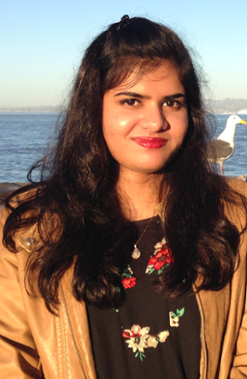
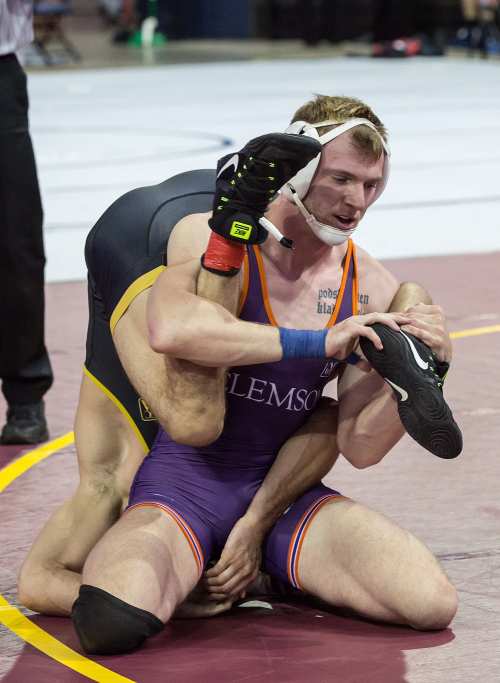
The purpose of the NSF Graduate Research Fellowship Program (GRFP) is to help ensure the vitality and diversity of the scientific and engineering workforce of the United States. The program recognizes and supports outstanding graduate students who are pursuing research-based master's and doctoral degrees in science, technology, engineering, and mathematics (STEM) or in STEM education. The GRFP provides three years of support for the graduate education of individuals who have demonstrated their potential for significant research achievements in STEM or STEM education.

Drs. Delphine Dean, John DesJardins, Naren Vyavahare and Tong Ye will use their CURF grants to advance their research toward licensing or industry collaboration.
Read more
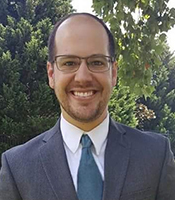 Kyle Snethen, a student of Dr. Melinda Harman, was awarded the Force & Motion/ORS Young Scientist Travel Grant to attend the ORS annual meeting. Kyle presented his abstract, "Sensitivity of Calculated Ligament Tensions to Differences in Intraoperative Knee Kinematics: A FE Computational Study." Terms of the award included that the recipient present on multi-axis force measurement and testing.
Kyle Snethen, a student of Dr. Melinda Harman, was awarded the Force & Motion/ORS Young Scientist Travel Grant to attend the ORS annual meeting. Kyle presented his abstract, "Sensitivity of Calculated Ligament Tensions to Differences in Intraoperative Knee Kinematics: A FE Computational Study." Terms of the award included that the recipient present on multi-axis force measurement and testing.
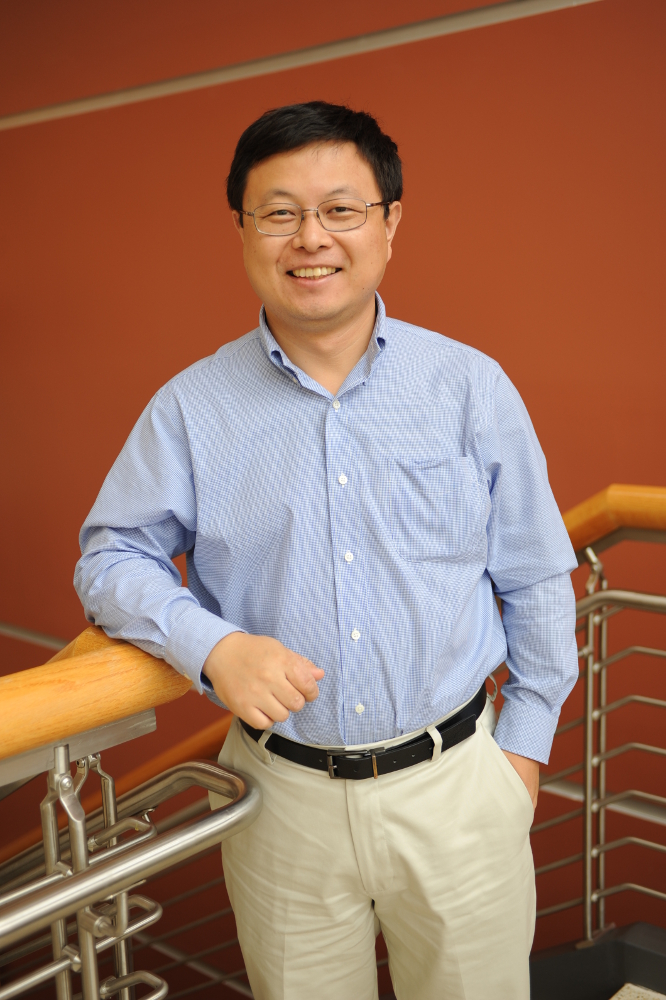
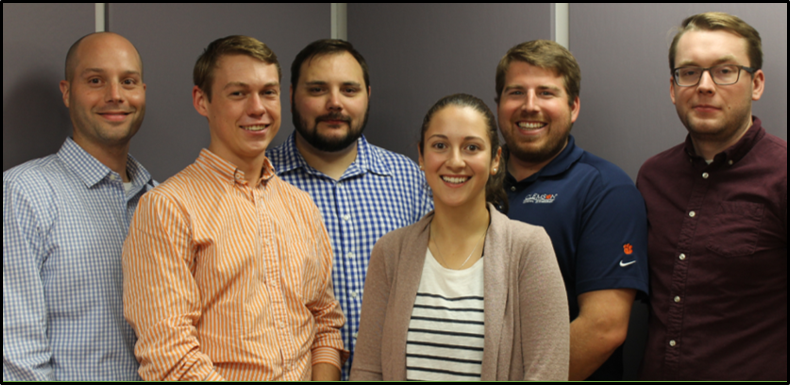 Dr. Jeremy Mercuri’s lab received an honorable mention from the Society for Biomaterials for the work they presented at the society’s annual meeting in April. The lab’s abstract, “Stem cell seeded biomimetic nucleus pulposus and annulus fibrosus implants promote living repair of degenerative intervertebral discs in sheep” was nominated as an outstanding contribution to the Society for Biomaterials 2018 Annual Meeting by the Special Interest Group Chairs of the Society.
Dr. Jeremy Mercuri’s lab received an honorable mention from the Society for Biomaterials for the work they presented at the society’s annual meeting in April. The lab’s abstract, “Stem cell seeded biomimetic nucleus pulposus and annulus fibrosus implants promote living repair of degenerative intervertebral discs in sheep” was nominated as an outstanding contribution to the Society for Biomaterials 2018 Annual Meeting by the Special Interest Group Chairs of the Society.
 An article by members of Dr. Alexey Vertegel’s lab and their collaborators was chosen for the January 2018 cover of Biotechnology Journal: “Albumin-Assisted Method Allows Assessment of Release of Hydrophobic Drugs from Nanocarriers.” D. Gil, A. Frank-Kamenetskii, J. Barry, V. Reukov, Y. Xiang, A. Das, A. Varma, M. Kindy, N. Banik, A. Vertegel. Art by Olga Reukova.
An article by members of Dr. Alexey Vertegel’s lab and their collaborators was chosen for the January 2018 cover of Biotechnology Journal: “Albumin-Assisted Method Allows Assessment of Release of Hydrophobic Drugs from Nanocarriers.” D. Gil, A. Frank-Kamenetskii, J. Barry, V. Reukov, Y. Xiang, A. Das, A. Varma, M. Kindy, N. Banik, A. Vertegel. Art by Olga Reukova.
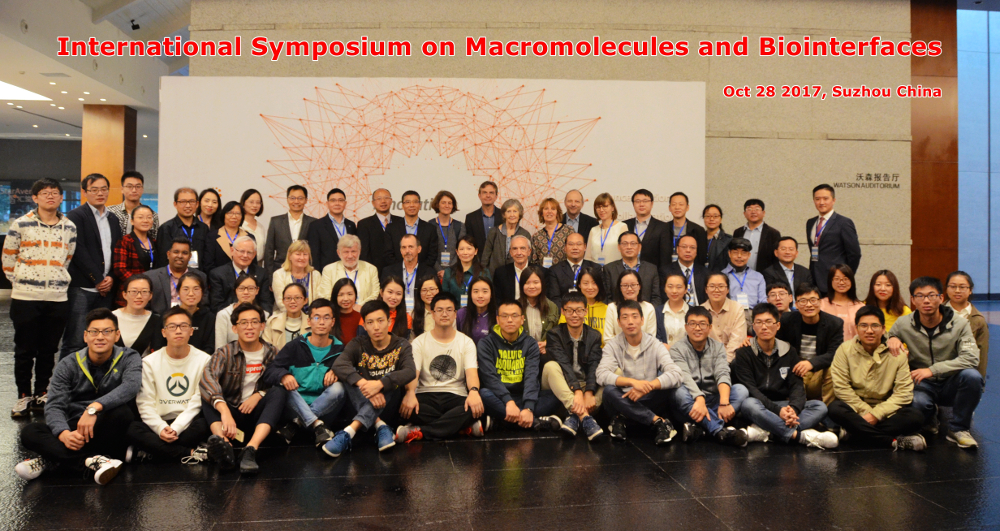 Dr. Robert Latour was one of ten invited speakers at the International Symposium on Macromolecules and Biointerfaces in Suzhou, China, October 27-29, 2017. The special symposium, organized in celebration of Dr. John Brash’s 80th birthday, focused on talks related to the blood compatibility of biomaterials.
Dr. Robert Latour was one of ten invited speakers at the International Symposium on Macromolecules and Biointerfaces in Suzhou, China, October 27-29, 2017. The special symposium, organized in celebration of Dr. John Brash’s 80th birthday, focused on talks related to the blood compatibility of biomaterials.
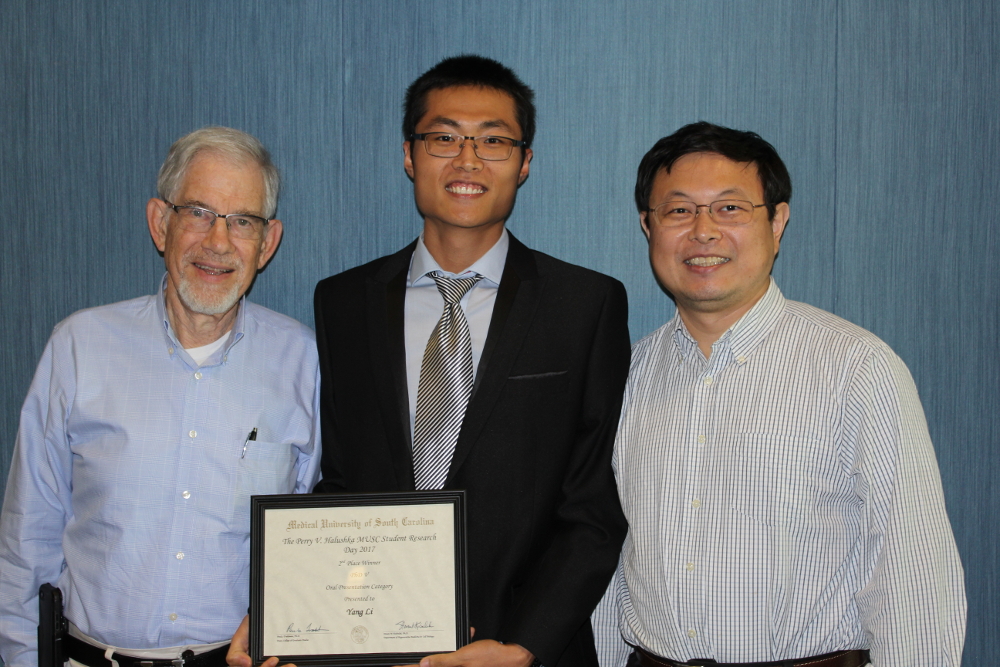
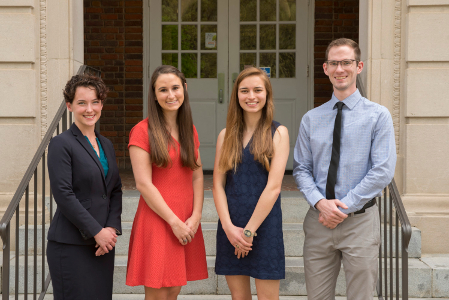 Seniors Lauren Pruett and Jacqueline Rohde were awardees in the National Science Foundation’s Graduate Research Fellowship competition, and graduate student Meredith Owen was selected for honorable mention.
Seniors Lauren Pruett and Jacqueline Rohde were awardees in the National Science Foundation’s Graduate Research Fellowship competition, and graduate student Meredith Owen was selected for honorable mention.
Read more
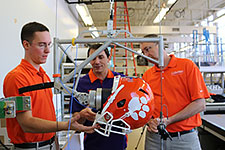 Faculty from bioengineering, faculty from food, nutrition and packaging sciences, students and an area business collaborate to study face masks.
Faculty from bioengineering, faculty from food, nutrition and packaging sciences, students and an area business collaborate to study face masks.
Read more
The Medical University of South Carolina Foundation for Research Development cited the following in its Year in Review email: The Clemson Senior Design Bioengineering/MUSC Collaboration involves eight teams this year, strengthening our collaboration with Clemson’s Bioengineering programs.
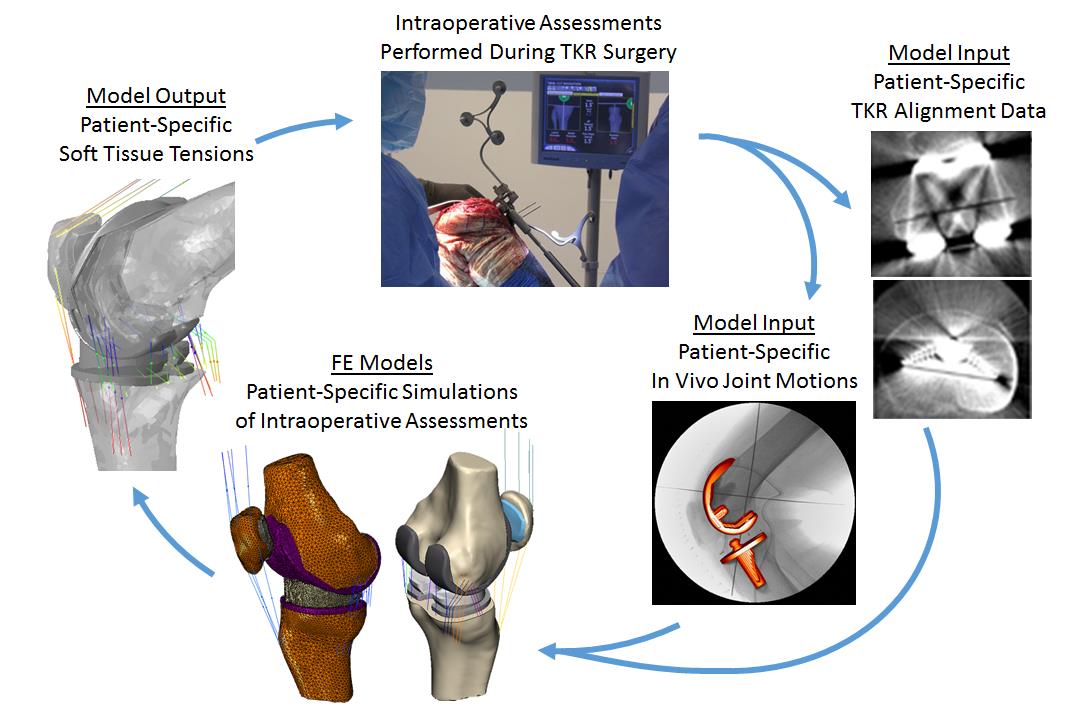 Kyle Snethen, a graduate student in Dr. Melinda Harman’s lab, was awarded the Dassault Systèmes Project 2017 Jury Prize. Kyle’s winning entry demonstrated that finite element modeling of patient-specific simulations could inform surgical decisions and intraoperative technology. In future work, Kyle plans to exercise the model across a broader patient population to generate additional clinically useful predictions.
Kyle Snethen, a graduate student in Dr. Melinda Harman’s lab, was awarded the Dassault Systèmes Project 2017 Jury Prize. Kyle’s winning entry demonstrated that finite element modeling of patient-specific simulations could inform surgical decisions and intraoperative technology. In future work, Kyle plans to exercise the model across a broader patient population to generate additional clinically useful predictions.
Read more
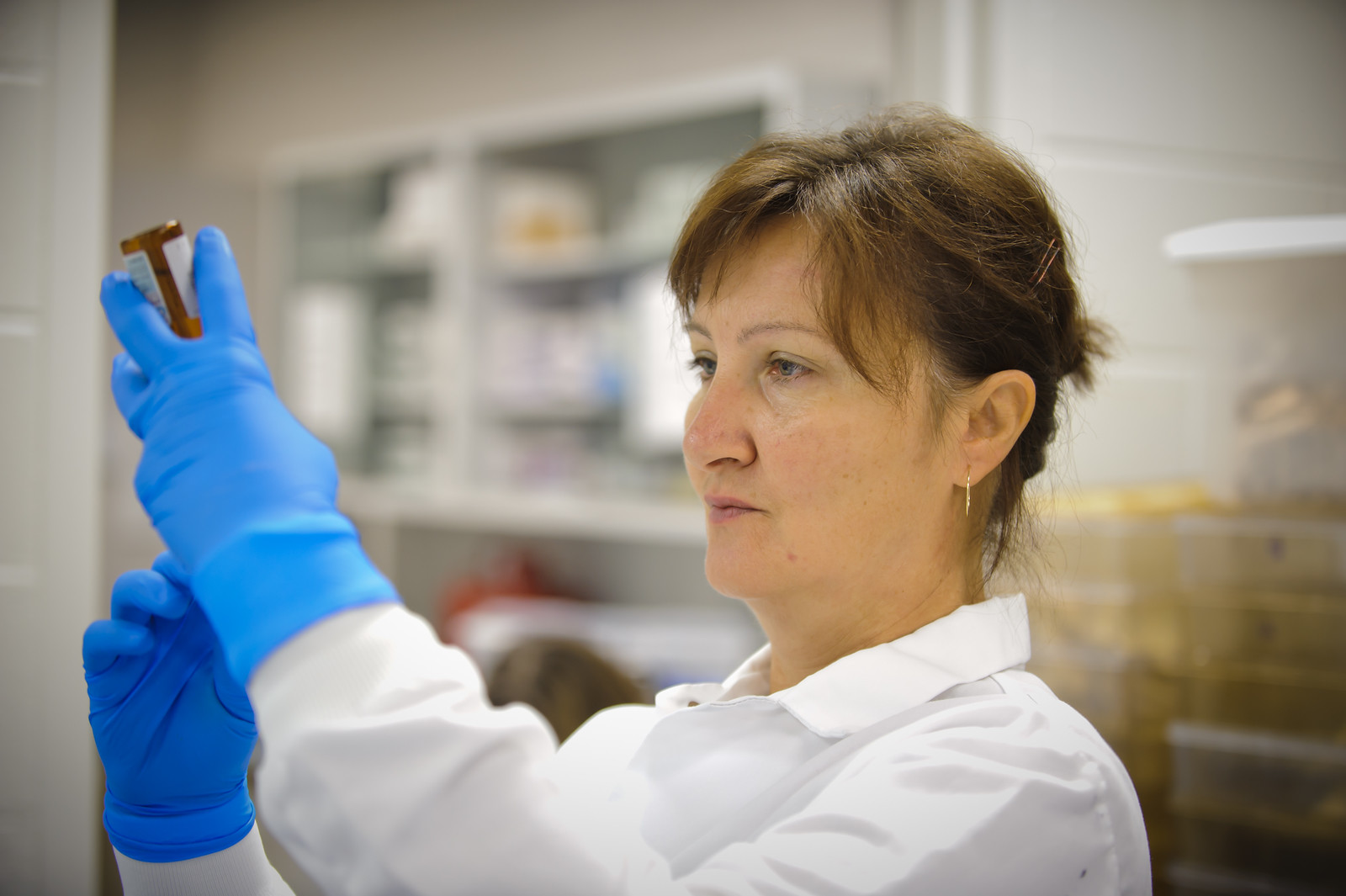 Dr. Aggie Simionescu’s research has been chosen for an American Heart Association Institutional Research Enhancement Award for a period of two years, during which Dr. Simionescu will study mitral valve tissue engineering. According to Dr. Simionescu, “Mitral valve insufficiency is the most common cause of regurgitation referred for surgical repair or replacement in the Western world, but currently available substitutes do not adequately comply with the performance and flow pattern requirements of the left ventricle. Tissue engineering and regenerative medicine approaches using scaffolds, cells, and bioreactors could provide viable implant solutions. Our goal is to develop a tissue engineered mitral valve with ideal characteristics: large orifice, rapid opening and closure, no rigid support, maintenance of mitral annulus–papillary muscle continuity, extended durability, biocompatibility, normal function at any change in the left ventricle size in time, and also, easy to produce and construct.” The goals of the AHA award are to support meritorious research, expose students to research and strengthen the research environment of the institution.
Dr. Aggie Simionescu’s research has been chosen for an American Heart Association Institutional Research Enhancement Award for a period of two years, during which Dr. Simionescu will study mitral valve tissue engineering. According to Dr. Simionescu, “Mitral valve insufficiency is the most common cause of regurgitation referred for surgical repair or replacement in the Western world, but currently available substitutes do not adequately comply with the performance and flow pattern requirements of the left ventricle. Tissue engineering and regenerative medicine approaches using scaffolds, cells, and bioreactors could provide viable implant solutions. Our goal is to develop a tissue engineered mitral valve with ideal characteristics: large orifice, rapid opening and closure, no rigid support, maintenance of mitral annulus–papillary muscle continuity, extended durability, biocompatibility, normal function at any change in the left ventricle size in time, and also, easy to produce and construct.” The goals of the AHA award are to support meritorious research, expose students to research and strengthen the research environment of the institution.
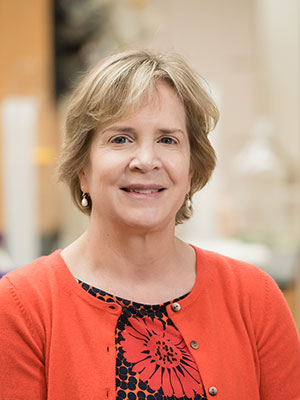 A team of researchers at Clemson University is part of a new national institute aimed at advancing the United States’ leadership in the biopharmaceutical industry. Clemson bioengineering professor Dr. Sarah W. Harcum is the Clemson site director for this initiative.
A team of researchers at Clemson University is part of a new national institute aimed at advancing the United States’ leadership in the biopharmaceutical industry. Clemson bioengineering professor Dr. Sarah W. Harcum is the Clemson site director for this initiative.
Read more
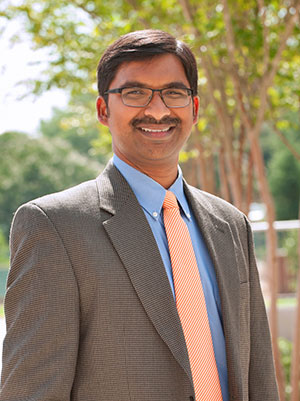 Dr. Joseph Singapogu has designed a simulator and a virtual mentoring system to train nurses and technicians to find a fistula and measure a needle's motion, force, angle and location.
Dr. Joseph Singapogu has designed a simulator and a virtual mentoring system to train nurses and technicians to find a fistula and measure a needle's motion, force, angle and location.
Read more
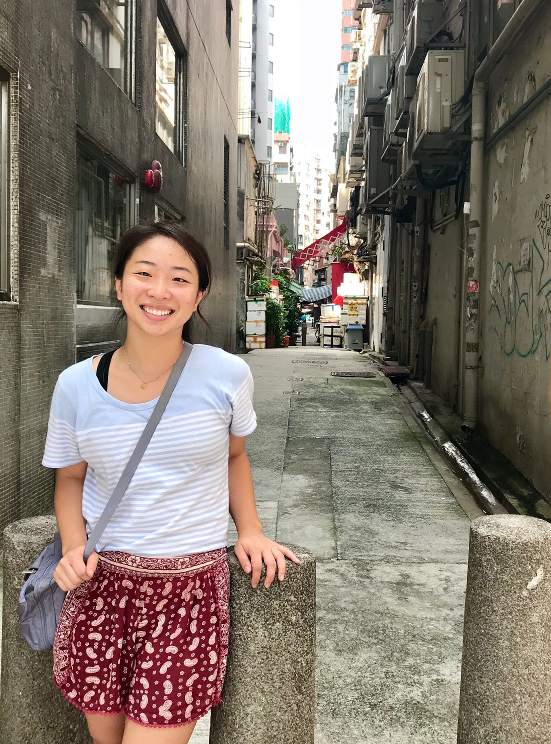 I chose to study bioengineering because I really appreciated the hands-on aspect of this field. From conducting lab work, tinkering with electrical components, and working on my problem-solving capabilities, bioengineering challenges me every day, which I love!
I chose to study bioengineering because I really appreciated the hands-on aspect of this field. From conducting lab work, tinkering with electrical components, and working on my problem-solving capabilities, bioengineering challenges me every day, which I love!
Read more
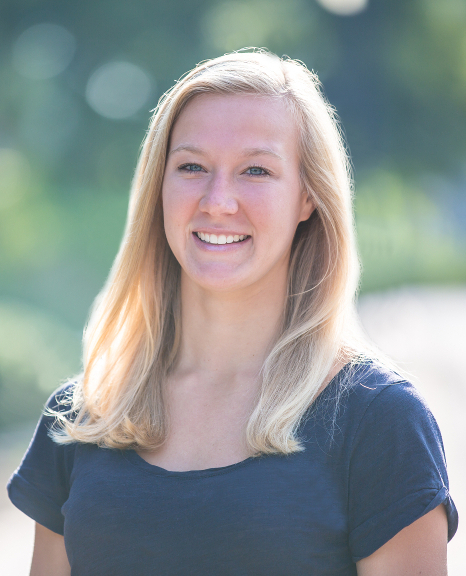
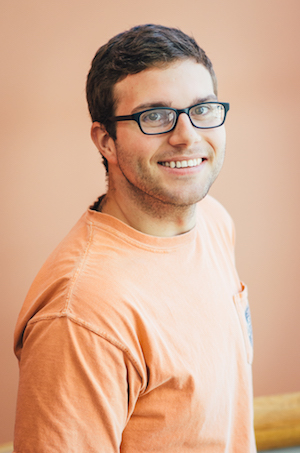 The 4th annual Southeast Regional Biomaterials Day, hosted by Clemson University, the Georgia Institute of Technology, and Vanderbilt University, will take place November 8-9, 2018, in Clemson, SC.
The 4th annual Southeast Regional Biomaterials Day, hosted by Clemson University, the Georgia Institute of Technology, and Vanderbilt University, will take place November 8-9, 2018, in Clemson, SC.
Read more
 When National Scholars graduate, they choose one mentor to honor. Casey Young chose Dr. Delphine Dean, who was recognized at the National Scholars Program Awards of Distinction event. Dr. Dean was honored for all the contributions she has made to the National Scholars Program and particularly for the enthusiastic support and expert guidance she has provided Casey. According to Dr. Dean, "Casey worked on projects in Tanzania, helping to design a low-cost patient monitor. She now has a B.S. in bioelectrical engineering, and she is staying to do her M.S."
When National Scholars graduate, they choose one mentor to honor. Casey Young chose Dr. Delphine Dean, who was recognized at the National Scholars Program Awards of Distinction event. Dr. Dean was honored for all the contributions she has made to the National Scholars Program and particularly for the enthusiastic support and expert guidance she has provided Casey. According to Dr. Dean, "Casey worked on projects in Tanzania, helping to design a low-cost patient monitor. She now has a B.S. in bioelectrical engineering, and she is staying to do her M.S."
 Dr. Jeremy Mercuri and Dr. Tong Ye, assistant professors in the bioengineering department, were awarded $43,592 by Clemson’s Robert H. Brooks Sports Science Institute to determine the effectiveness of mesenchymal stem cells to promote knee cartilage health in patients undergoing surgical repair after injury. The investigators will also determine the effectiveness of nonlinear optical microscopy to identify degenerative knee cartilage damage.
Dr. Jeremy Mercuri and Dr. Tong Ye, assistant professors in the bioengineering department, were awarded $43,592 by Clemson’s Robert H. Brooks Sports Science Institute to determine the effectiveness of mesenchymal stem cells to promote knee cartilage health in patients undergoing surgical repair after injury. The investigators will also determine the effectiveness of nonlinear optical microscopy to identify degenerative knee cartilage damage.
Read more
 Clemson University has been awarded a 2017 Educational Award by Edmund Optics, a provider of optical components to both industry and academia. The award is given in recognition of outstanding undergraduate and graduate optics programs in science, technology, engineering, and mathematics at nonprofit colleges and universities worldwide. Clemson was nominated by Claire Ma, a graduate student in Dr. Bruce Gao’s lab.
Clemson University has been awarded a 2017 Educational Award by Edmund Optics, a provider of optical components to both industry and academia. The award is given in recognition of outstanding undergraduate and graduate optics programs in science, technology, engineering, and mathematics at nonprofit colleges and universities worldwide. Clemson was nominated by Claire Ma, a graduate student in Dr. Bruce Gao’s lab.
Read more
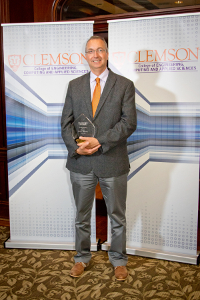 Dr. John DesJardins, Hambright Distinguished Professor in Engineering Leadership, was awarded the College of Engineering, Computing and Applied Science’s 2017 Mentoring Award. According to Dr. DesJardins, this recognition affirms his belief that mentoring is a slow and consistent process of gaining and maintaining the trust of another person, placing their interests, aspirations, and successes above your own, for the common good of everyone.
Dr. John DesJardins, Hambright Distinguished Professor in Engineering Leadership, was awarded the College of Engineering, Computing and Applied Science’s 2017 Mentoring Award. According to Dr. DesJardins, this recognition affirms his belief that mentoring is a slow and consistent process of gaining and maintaining the trust of another person, placing their interests, aspirations, and successes above your own, for the common good of everyone.
Read more